Perceptual flicker visibility index
Introduction
The mere presence of spatiotemporal distortions in digital videos does not have to imply quality degradation since distortion visibility can be strongly reduced by the perceptual phenomenon of visual masking. Flicker is a particularly annoying occurrence, which can arise from a variety of distortion processes. Yet flicker can also be suppressed by masking. We propose a perceptual flicker visibility prediction model which is based on a recently discovered visual change silencing phenomenon. The proposed model predicts flicker visibility on both static and moving regions without any need for content-dependent thresholds. Using a simple model of cortical responses to video flicker, an energy model of motion perception, and a divisive normalization stage, the system captures the local spectral signatures of flicker distortions and predicts perceptual flicker visibility.
Our new perceptual flicker visibility index is based on the way flicker changes the local spectral signatures of videos and how motion influences the resulting V1 responses. Shifted or separated spectral signatures (not present in a reference video) are associated with flicker distortions. Hence, we devised an approach to capture perceptual flicker visibility by measuring locally shifted energy deviations relative to those on the reference video at each spatiotemporal frequency. This approach has advantages over other flicker prediction methods: the proposed method not only predicts perceptually suppressed flicker distortions in the presence of motion, but also provides a pixel-wise accurate flicker visibility index map on both static and moving regions without content-dependent thresholds.
Example perceptual flicker visibility map
Mobile and Calendar H.264 compressed video (mc12_50fps) and corresponding perceptual flicker visibility map
- Web rendering can be different from the original videos depending on your PC and network setup. We recommend viewers to download video files for detail watching.
- Magnitude is normalized for visualization in the flicker visibility map, where brighter regions indicate larger flicker.
Download: mc12, mc12_flicker_visibility_map, and mc12_together.
- mc12 video and flicker visibility map (synchronized)
- mc12 video
- mc12 flicker visibility map
Illustration of the perceptual flicker visibility index
 |
abc |  |
| Frame 48 from mc12 including small motion (e.g., ship) | abc | Frame 464 from mc12 including large motion (e.g., toy) |
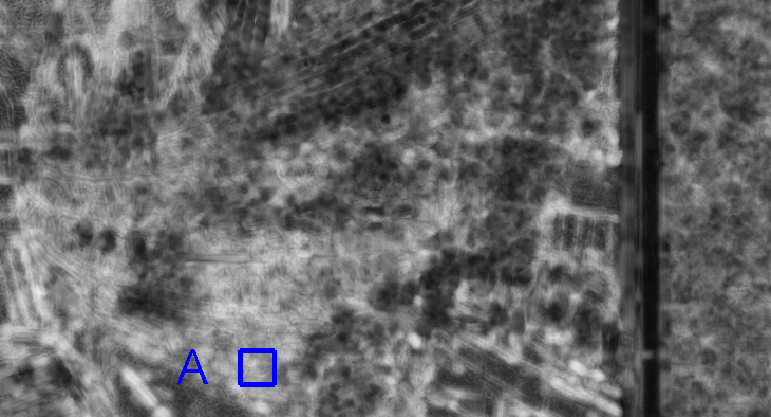 |
abc | 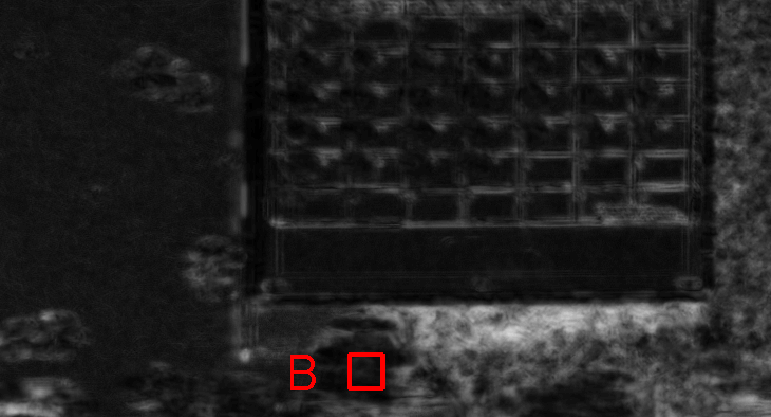 |
| Flicker visibility map of frame 48 | abc | flicker visibility map of frame 464 |
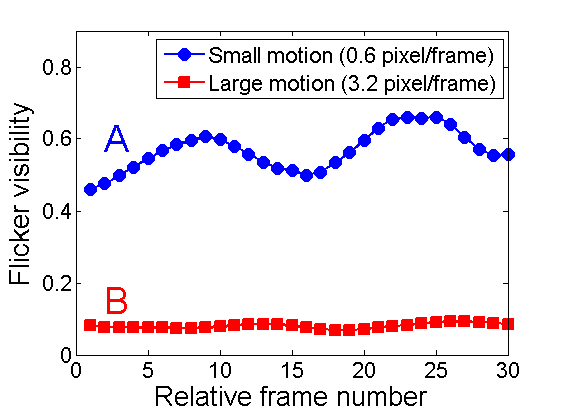 |
abc | 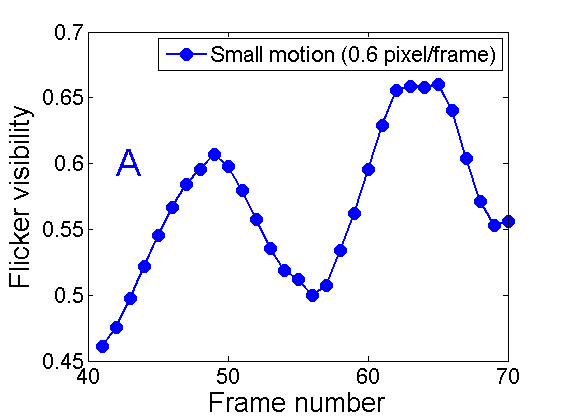 |
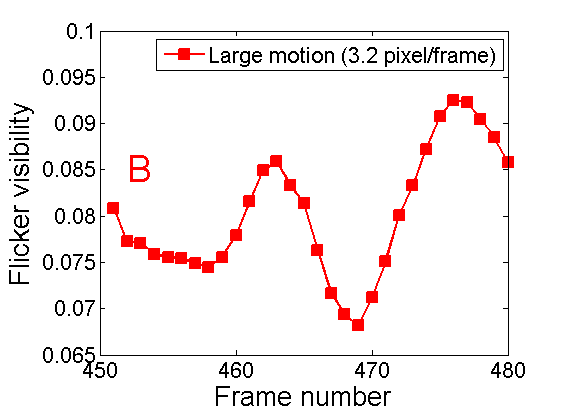 |











